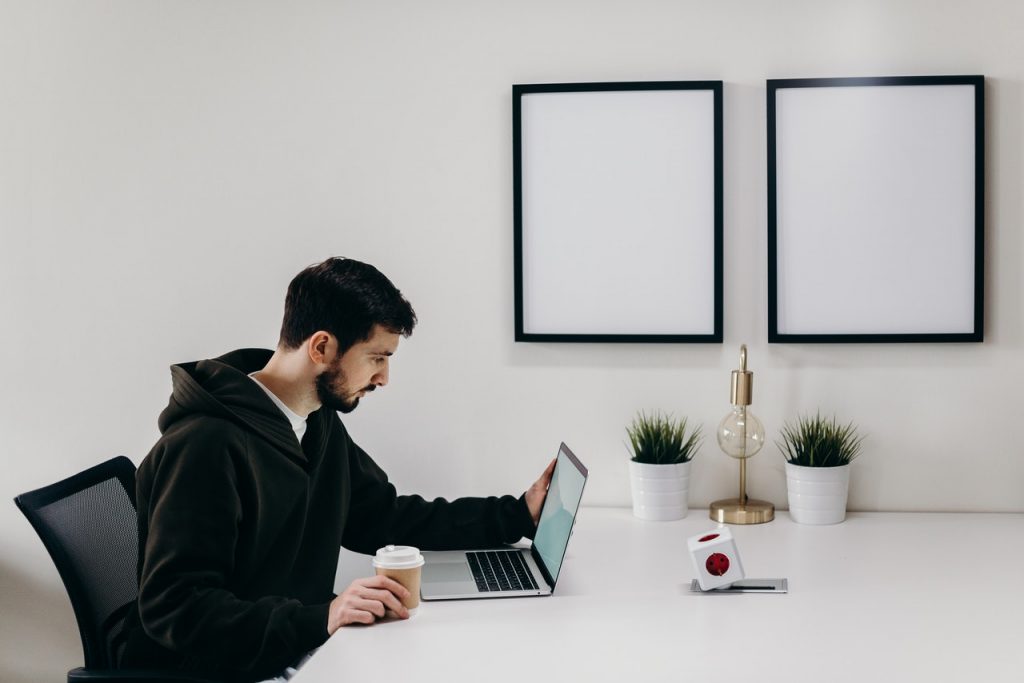Bias That Affect Decision-Making
It turns out, our brain evolved primarily to help us survive and not to become great thinkers. This isn’t bad at all. If our brain was wired differently, we humans might be extinct by now. Think of the many times you’ve reacted instinctively when you were faced with potential harm or danger. That’s the result of your brain making split-second decisions to prevent injury or even death. With self-preservation as the default setting of our minds, we may be taking mental shortcuts when making decisions. Scientists refer to these as “biases.” They can be valuable when decisions have to made quickly but detrimental when a well-thought-out process is needed. The trick is to recognize these and how they affect decision-making. Here are some of these biases. Similarity Bias There is no harm in hanging out with people who have similar beliefs, tastes, and preferences. But there is a downside to this. We could be missing opportunities for growth if we shun people who think differently. The similarity in the workplace also closes the door to creative and diverse thought. Companies may lose out if managers only hire people who think like them. Imagine an organization where everyone agrees all the time. It will be ineffective in the long run. Confirmation Bias Beliefs are hard to modify. We can sometimes turn a deaf ear to new data that challenges anything we believe in. On many occasions, we only “see” information that confirms our beliefs while ignoring those that don’t. In short, we should open our minds to new possibilities and different views that run counter to our preconceptions. Risk-Aversion Bias This is a bias against potential rather than an actual loss. It’s a desire to remain within a comfort zone. Many people prefer a guaranteed low-yield investment over a non-guaranteed high-yield venture. “Playing it safe,” as many people would like to call it. But, would we as a species advance so much if we were all risk-averse? Fortunately, trailblazers who seldom played it safe thrived throughout history. We celebrate their achievements and consider many of them as heroes. Think of the moments you avoided risk but later regretted doing so. We’re not suggesting we always throw caution to the wind. Instead, we can gain more if we think of what we can achieve if we took risks. Expedience Bias We experience a familiar sequence of events and immediately assume what will happen next. We base our decision on this assumption without letting the situation play out. It’s the same with information. We see the numbers “1,2,3” and automatically believe 4 is the next number. How often have we been proven wrong when we rush to judgment? We are all guilty of deciding quickly with familiar yet incomplete data. Again, it’s our brain making shortcuts. Stereotyping is another result of this bias. It’s like assuming all apples in a bushel are sweet after just eating one. Wrapping Up Most of the decisions we make are instant and subject to the influence of these biases. It’s not enough to be aware of these, though. We must change our decision-making processes. It won’t be an easy task. But with a conscious effort, we can reduce the effects of these mental shortcuts and make wiser decisions.
Bias That Affect Decision-Making Read More »




